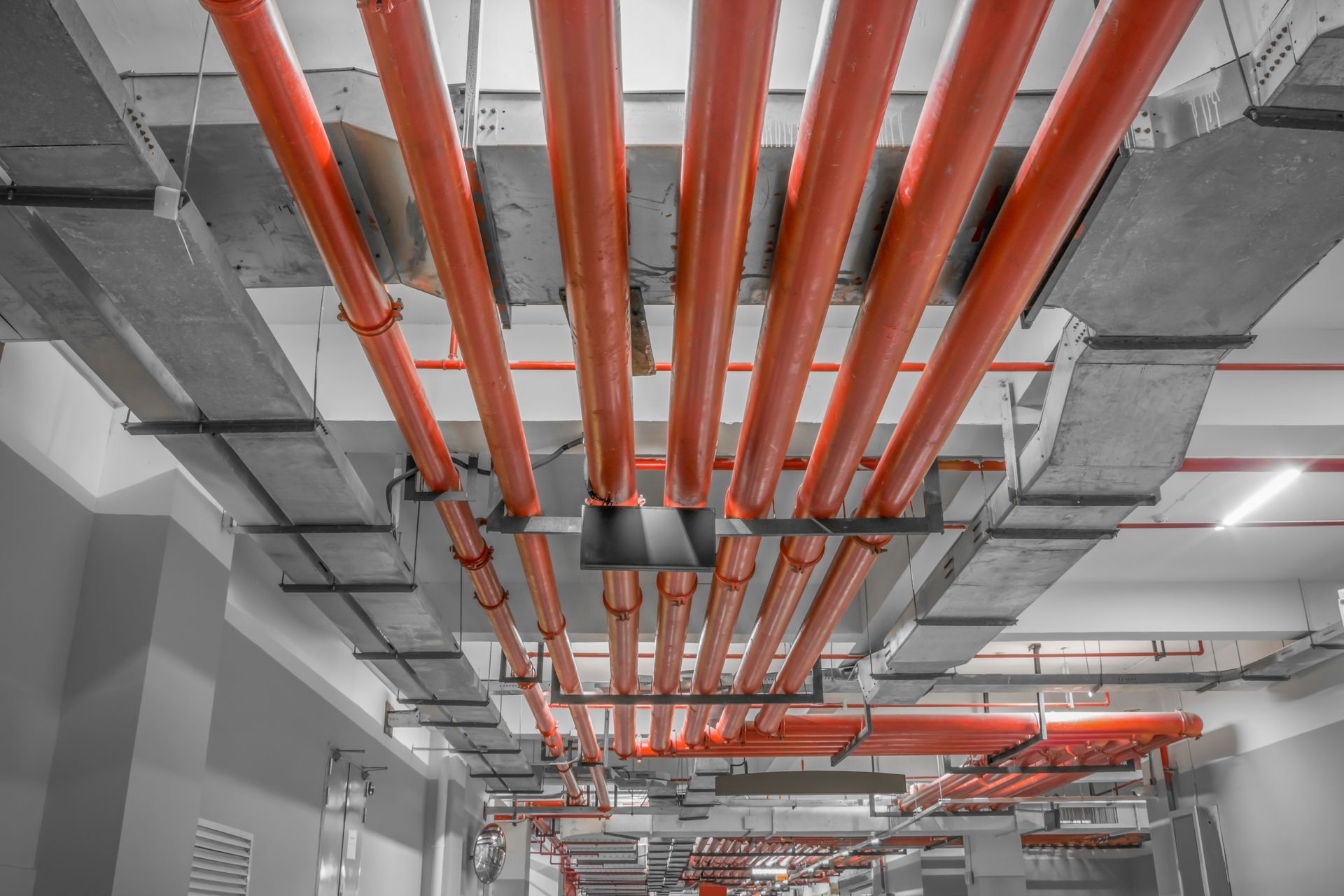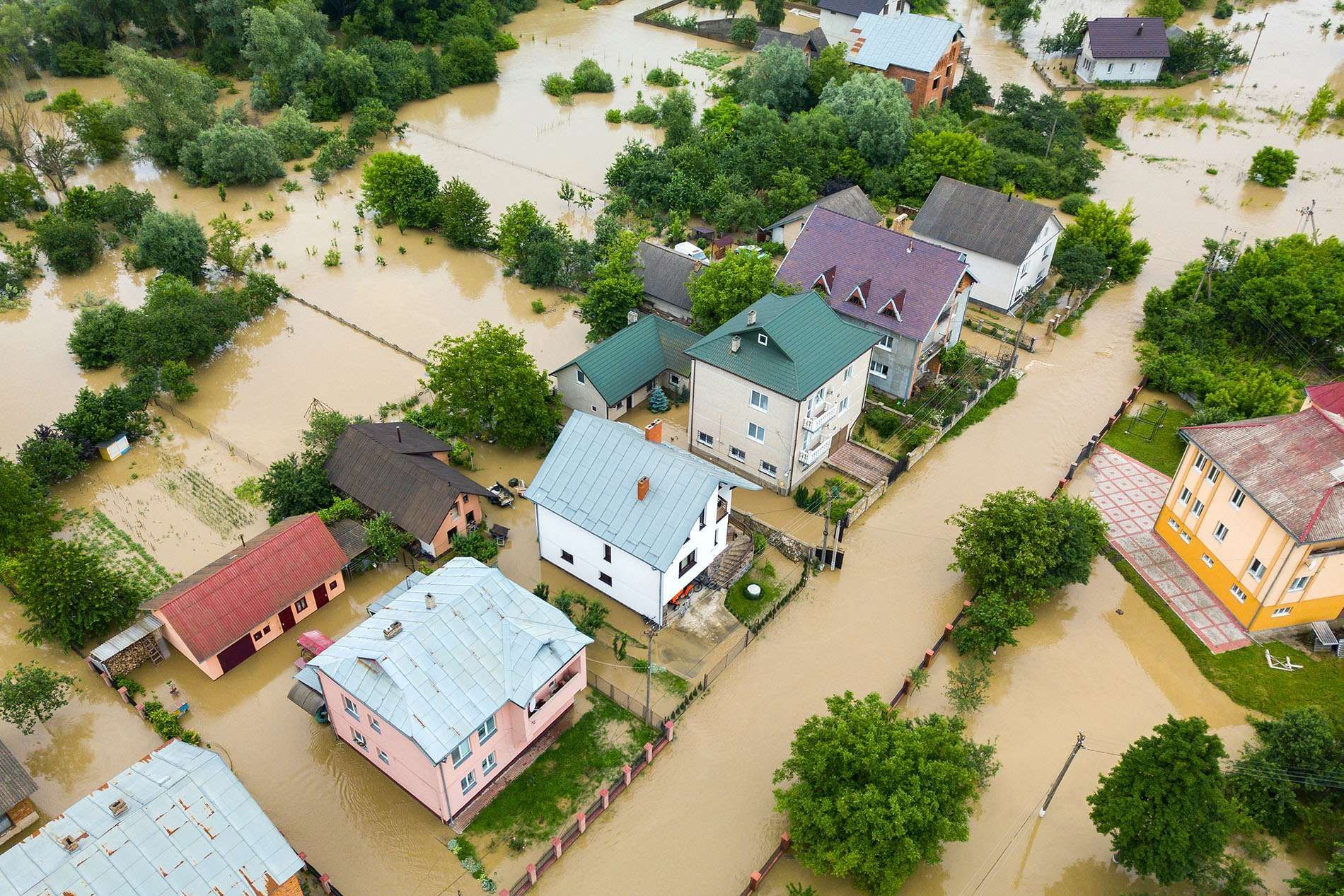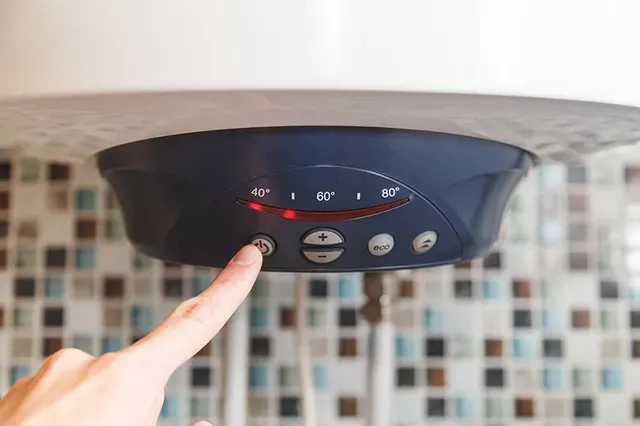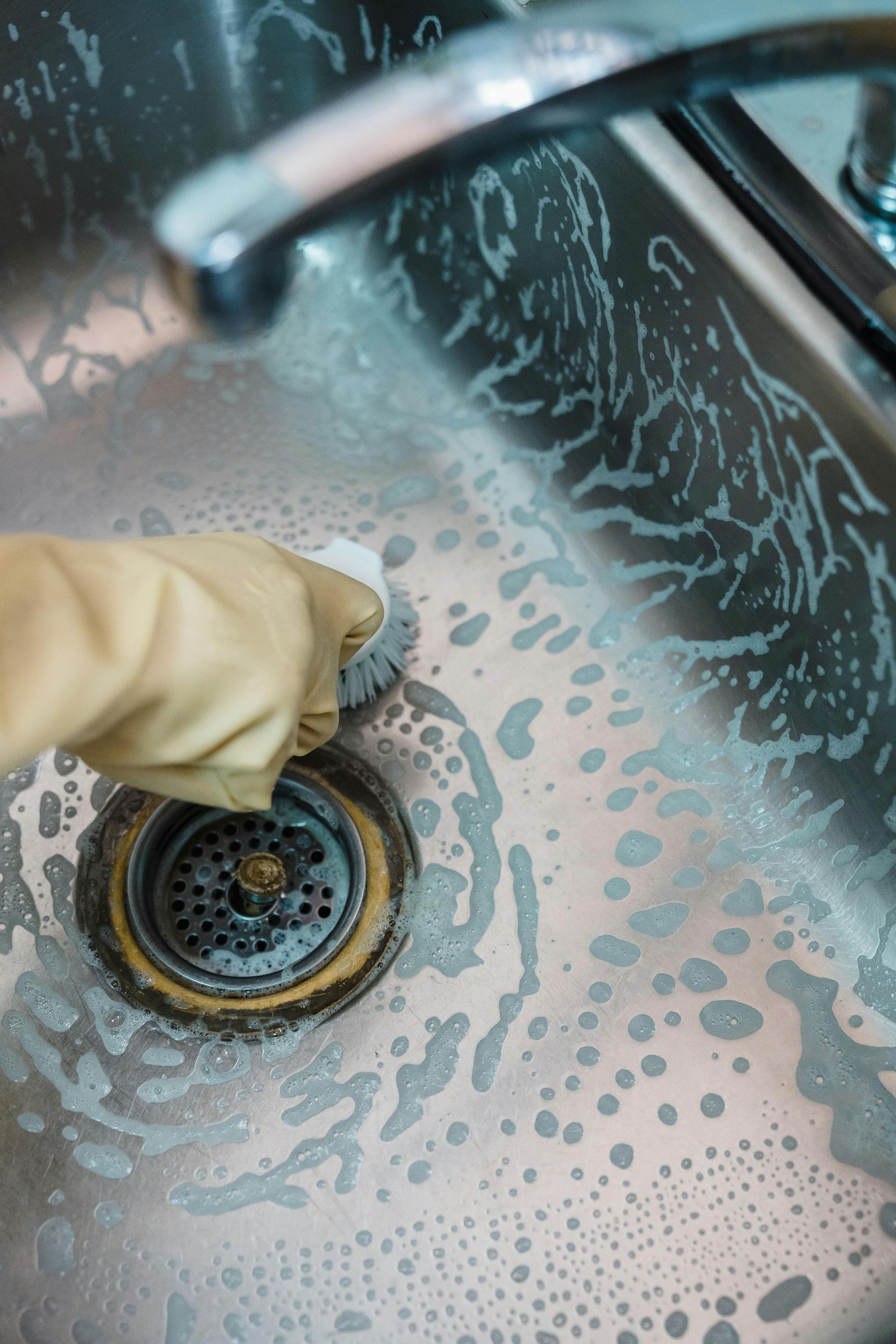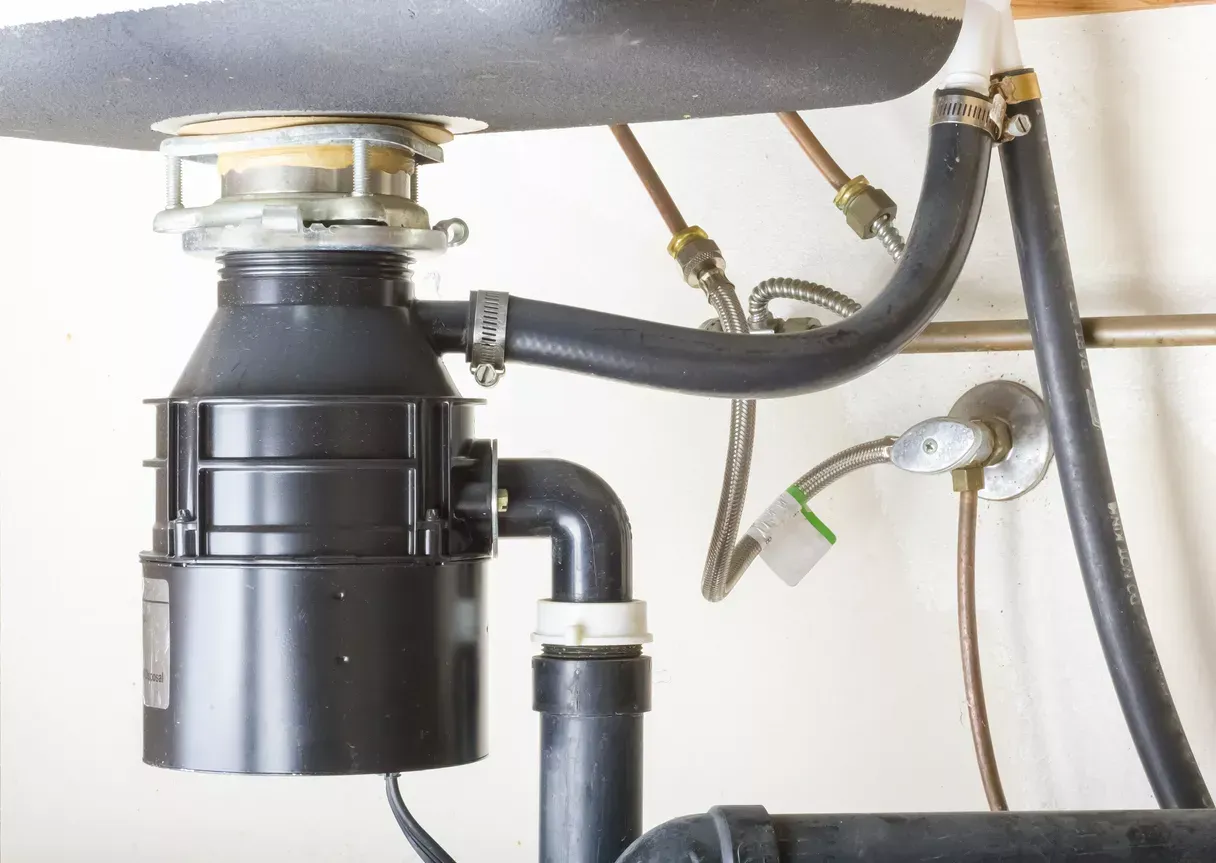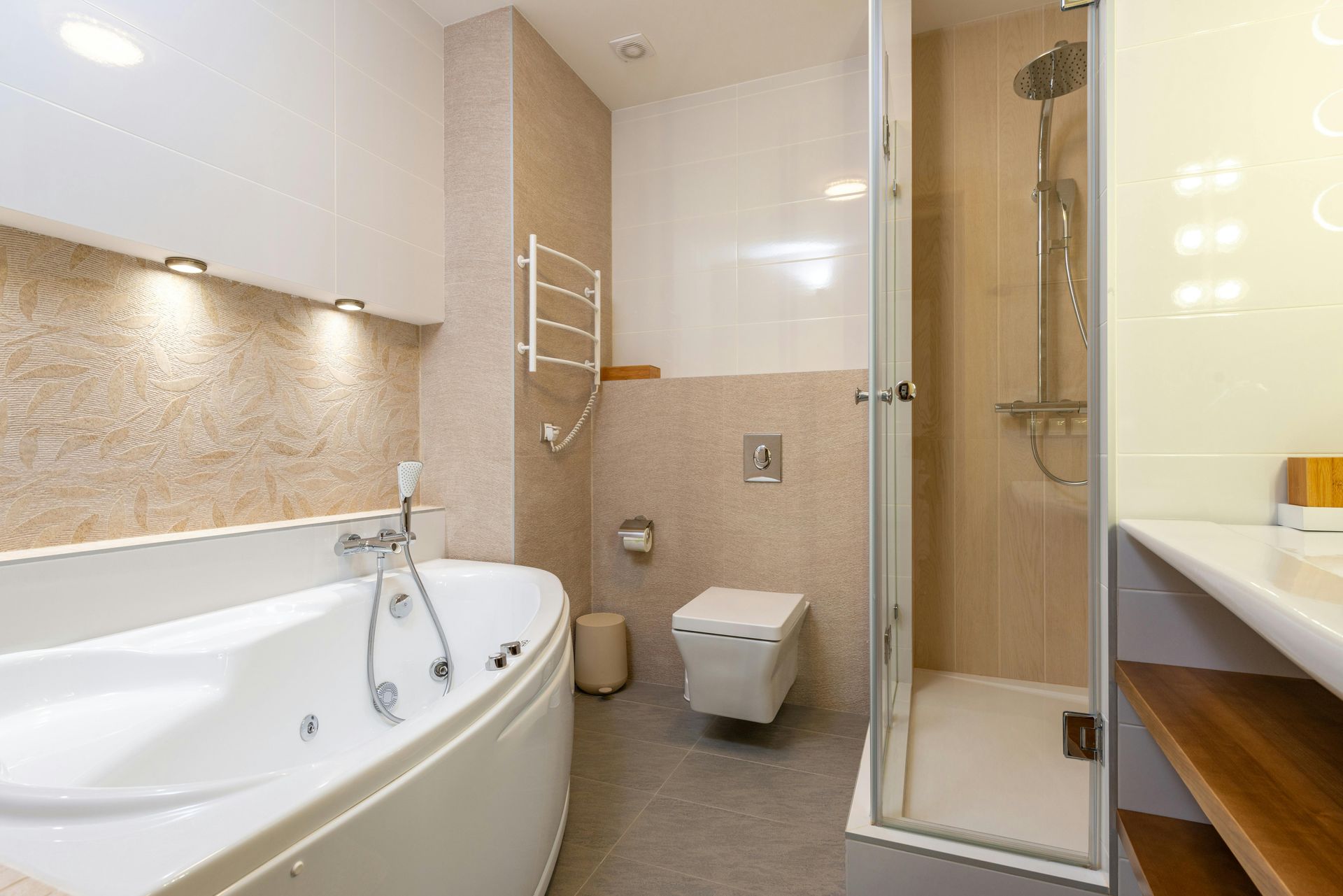What Happens If You Don’t Have an Expansion Tank?
Expansion tanks are an often-overlooked but essential component of modern plumbing systems, especially in homes with a closed-loop water heater system. If you don’t have an expansion tank, you could be exposing your home to significant risks and costly damage.
In this guide, we’ll delve into why expansion tanks are necessary, what can happen if you don’t have one, and how to address the potential problems associated with not having an expansion tank.
The Benefits of Installing an Expansion Tank in Your Home
What Is an Expansion Tank and Its Purpose?
An expansion tank is a small, cylindrical tank installed near your water heater. It is designed to absorb excess water pressure caused by thermal expansion—a process where water expands as it heats up.
Key Features of an Expansion Tank:
- Two Chambers: One holds water; the other contains air.
- Pressure Absorption: The air chamber compresses to absorb increased pressure from expanding water.
- Closed-Loop Systems: It’s especially critical in homes with backflow prevention valves, which block excess pressure from escaping into the municipal water supply.
Without an expansion tank, the expanding water has nowhere to go, leading to increased strain on your plumbing system.
What Happens If You Don’t Have an Expansion Tank?
1. Increased Water Pressure
When water heats up, it expands, increasing pressure within your plumbing system. Without an expansion tank to absorb this pressure, it can cause significant stress on your pipes, fixtures, and appliances.
- Consequences:
- Burst pipes or leaks.
- Damage to water heater components.
- Increased wear and tear on faucets and valves.
2. Shortened Lifespan of Your Water Heater
The excessive pressure caused by thermal expansion can damage your water heater’s internal components.
- Consequences:
- Premature failure of the water heater.
- Costly repairs or replacement.
- Voiding of manufacturer warranties in some cases.
3. Leaks in Plumbing Fixtures
The extra pressure can also force water through small cracks or weak spots in your plumbing fixtures, leading to leaks.
- Consequences:
- Water damage to walls, floors, or ceilings.
- Mold growth due to prolonged moisture.
- Expensive repairs to plumbing and structural elements.
4. Triggering the Temperature and Pressure (T&P) Relief Valve
Without an expansion tank, the T&P relief valve on your water heater may constantly activate to release excess pressure.
- Consequences:
- Frequent water discharge.
- Reduced efficiency of your water heating system.
- Potential flooding if the valve fails.
5. Potential Plumbing Code Violations
In many areas, an expansion tank is a requirement under local plumbing codes for closed-loop systems. Not having one could result in fines or issues during a home inspection.
- Consequences:
- Difficulty selling your home.
- Potential legal complications.
DIY Signs You Might Need an Expansion Tank
If you suspect your plumbing system is struggling without an expansion tank, here are some warning signs:
- Fluctuating Water Pressure: Noticeable changes in water pressure when using faucets or showers.
- Dripping T&P Relief Valve: Persistent water discharge from the water heater.
- Unusual Noises: Banging or knocking sounds in the pipes (commonly known as water hammer).
- Visible Leaks: Water damage near plumbing fixtures or appliances.
How to Address the Problem Without an Expansion Tank
If you don’t have an expansion tank, it’s crucial to act quickly to protect your plumbing system.
Short-Term Fixes
- Reduce Water Heater Temperature: Lowering the temperature reduces thermal expansion and lessens the strain on your plumbing.
- Inspect the T&P Valve: Ensure the valve is functioning correctly to release excess pressure safely.
- Monitor Water Pressure: Use a pressure gauge to track fluctuations and adjust the pressure regulator if necessary.
Long-Term Solution
Install an expansion tank to absorb the extra pressure and prevent future damage. This should be done by a licensed plumber to ensure compliance with local codes and proper installation.
Benefits of Installing an Expansion Tank
- Protects Your Plumbing System: Absorbs pressure fluctuations, reducing stress on pipes and fixtures.
- Extends Water Heater Lifespan: Prevents premature wear and damage to components.
- Improves Safety: Minimizes the risk of water heater explosions or significant leaks.
- Compliance with Codes: Ensures your home meets local plumbing regulations.
FAQs About Expansion Tanks
1. Is an expansion tank necessary for all homes?
Not all homes require an expansion tank. However, if you have a closed-loop water system, it’s highly recommended and often mandatory.
2. How do I know if I have a closed-loop system?
Look for a backflow prevention valve or check valve near your water meter. These components indicate a closed-loop system.
3. Can I install an expansion tank myself?
While it’s possible to install an expansion tank yourself, professional installation ensures proper sizing, placement, and compliance with local codes.
4. How much does an expansion tank cost?
The cost of an expansion tank typically ranges from $40 to $200, with additional charges for professional installation.
5. How long do expansion tanks last?
Expansion tanks generally last 5–10 years, depending on usage and water quality. Regular inspections can help prolong their lifespan.
Conclusion
Not having an expansion tank can lead to severe plumbing issues, from increased water pressure to damaged fixtures and appliances. Installing an expansion tank is a simple yet effective way to safeguard your plumbing system, comply with local codes, and ensure the longevity of your water heater.
If you’re experiencing signs of thermal expansion or need professional advice, contact a licensed plumber to discuss your options. Protect your home and enjoy peace of mind with the right plumbing solutions.


